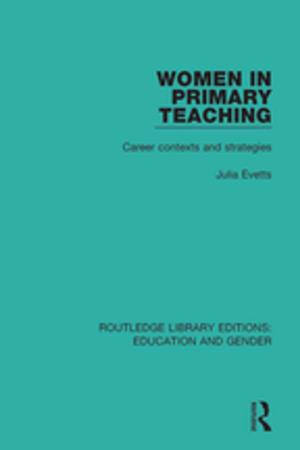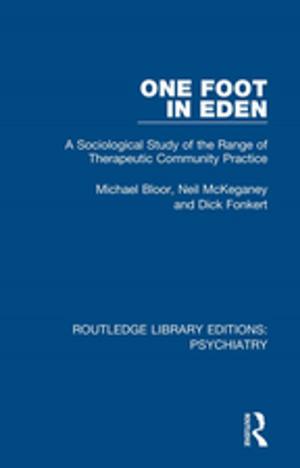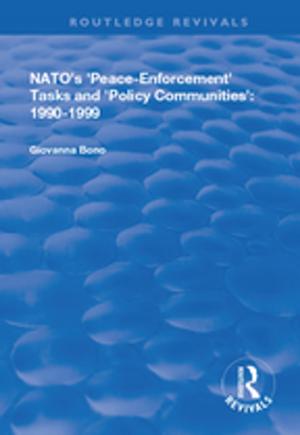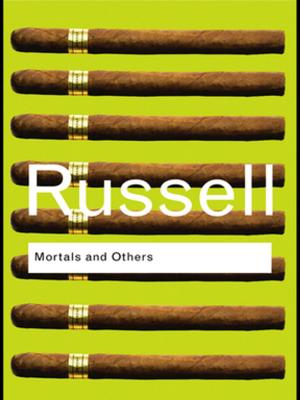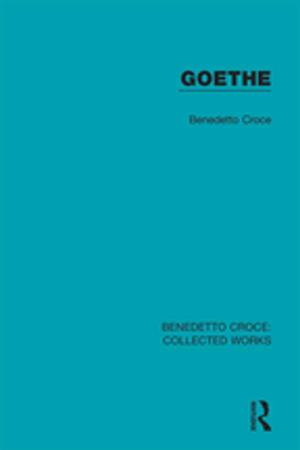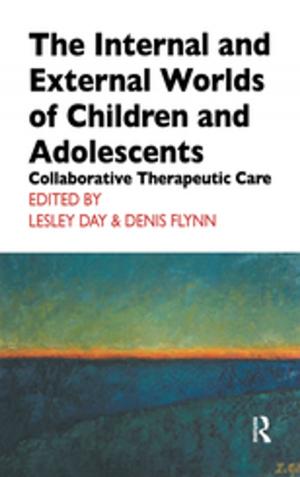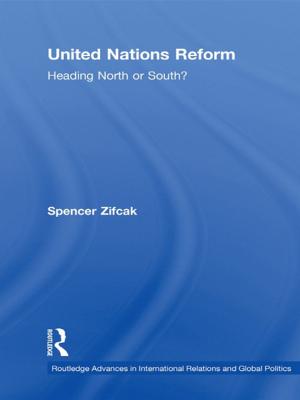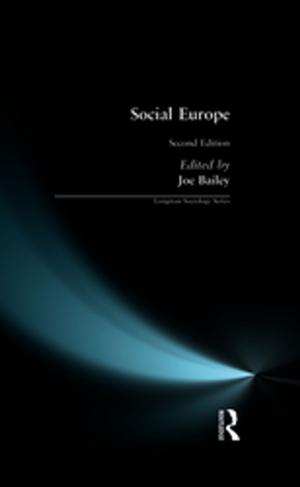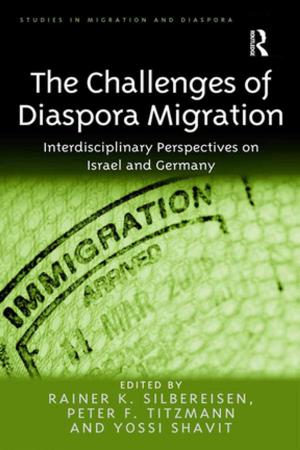Latin American and Iberian Perspectives on Literature and Medicine
Fiction & Literature, Literary Theory & Criticism, European, Spanish & Portuguese, Central & South American, Nonfiction, Social & Cultural Studies, Social Science| Author: | ISBN: | 9781317584223 | |
| Publisher: | Taylor and Francis | Publication: | June 5, 2015 |
| Imprint: | Routledge | Language: | English |
| Author: | |
| ISBN: | 9781317584223 |
| Publisher: | Taylor and Francis |
| Publication: | June 5, 2015 |
| Imprint: | Routledge |
| Language: | English |
This is the first study to examine the representation of illness, disability, and cultural pathologies in modern and contemporary Iberian and Latin American literature. Innovative and interdisciplinary, the collection situates medicine as an important and largely overlooked discourse in these literatures, while also considering the social, political, religious, symbolic, and metaphysical dimensions underpinning illness. Investigating how Hispanic and Lusophone writers have reflected on the personal and cultural effects of illness, it raises central questions about how medical discourses, cultural pathologies, and the art of healing in general are represented. Essays pay particular attention to the ways in which these interdisciplinary dialogues chart new directions in the study of Hispanic and Lusophone cultures, and emerging disciplines such as the medical humanities. Addressing a wide range of themes and subjects including bioethics, neuroscience, psychosurgery, medical technologies, Darwinian evolution, indigenous herbal medicine, the rising genre of the pathography, and the ‘illness as metaphor’ trope, the collection engages with the discourses of cultural studies, gender studies, disability studies, comparative literature, and the medical humanities. This book enriches and stimulates scholarship in these areas by showing how much we still have to gain from interdisciplinary studies working at the intersections between the humanities and the sciences.
This is the first study to examine the representation of illness, disability, and cultural pathologies in modern and contemporary Iberian and Latin American literature. Innovative and interdisciplinary, the collection situates medicine as an important and largely overlooked discourse in these literatures, while also considering the social, political, religious, symbolic, and metaphysical dimensions underpinning illness. Investigating how Hispanic and Lusophone writers have reflected on the personal and cultural effects of illness, it raises central questions about how medical discourses, cultural pathologies, and the art of healing in general are represented. Essays pay particular attention to the ways in which these interdisciplinary dialogues chart new directions in the study of Hispanic and Lusophone cultures, and emerging disciplines such as the medical humanities. Addressing a wide range of themes and subjects including bioethics, neuroscience, psychosurgery, medical technologies, Darwinian evolution, indigenous herbal medicine, the rising genre of the pathography, and the ‘illness as metaphor’ trope, the collection engages with the discourses of cultural studies, gender studies, disability studies, comparative literature, and the medical humanities. This book enriches and stimulates scholarship in these areas by showing how much we still have to gain from interdisciplinary studies working at the intersections between the humanities and the sciences.

